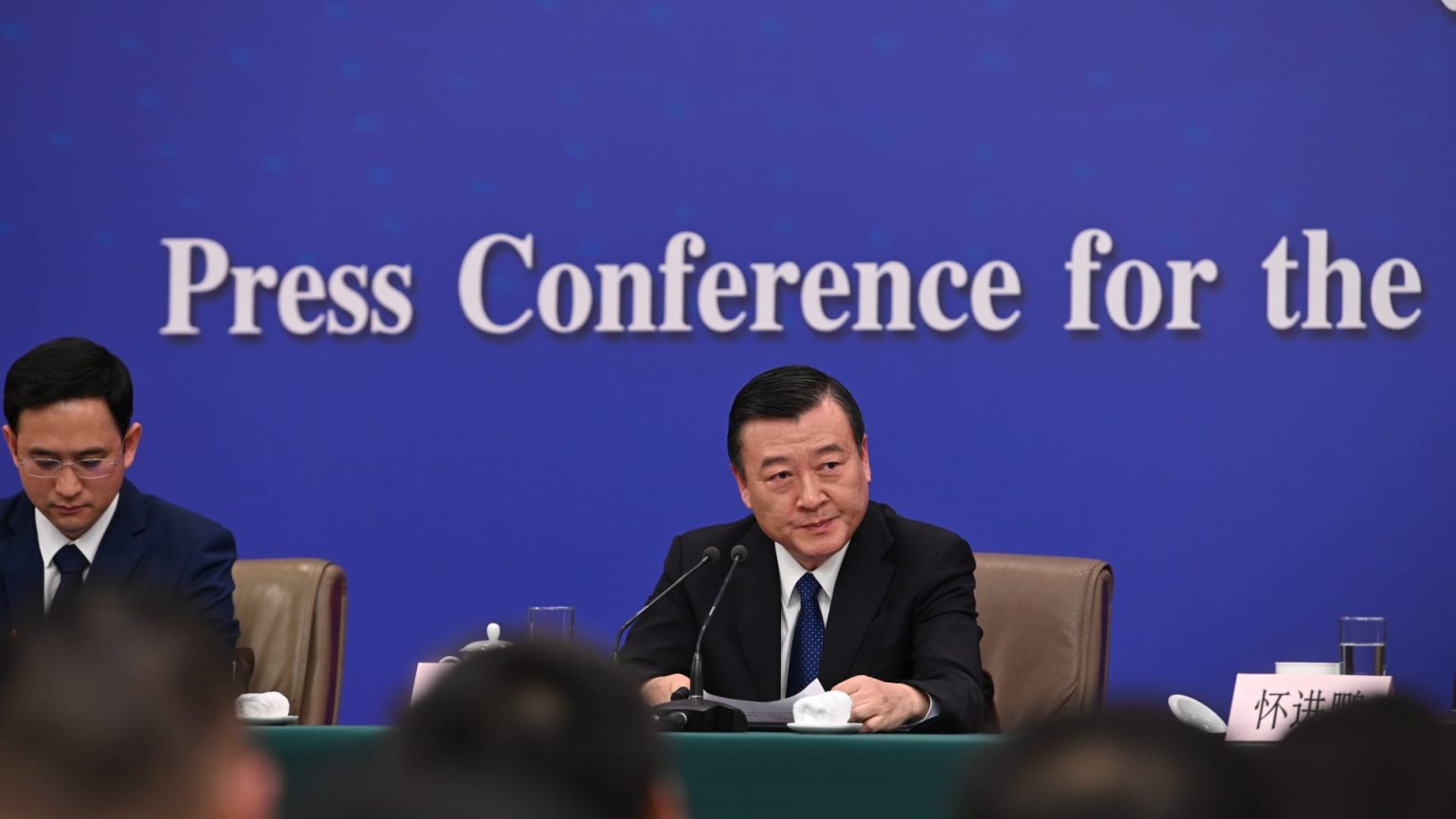The Chinese government is working to stimulate the struggling real estate sector by expanding its “whitelist” of projects that are eligible for faster bank lending. The housing ministry announced plans to increase the funds available for these projects to 4 trillion yuan by the end of the year. This initiative, launched in January, allows city governments to recommend residential projects to banks for quicker lending, with the goal of completing unfinished developments and delivering them to buyers. All commercial housing projects are now eligible for the “whitelist,” which is expected to broaden the list of eligible projects.
In addition to expanding the whitelist, Chinese officials have taken other measures to support the economy and real estate market. The People’s Bank of China governor recently announced a cut to the reserve requirement ratio for banks and lowered the minimum down payment for second-home loans nationwide. A high-level meeting chaired by President Xi Jinping also pledged to stabilize and improve the real estate market. However, some investors were disappointed with the latest briefing, feeling that the government was only fine-tuning existing policies rather than offering more substantial stimulus measures.
Despite the government’s efforts, the Chinese stock market remains volatile, reflecting investor uncertainty about the impact of the stimulus measures. The market dropped sharply during the briefing, indicating a lack of confidence that the policies would lead to a significant turnaround. The Ministry of Finance has also announced additional measures, such as allowing local governments to issue special bonds for land purchases and using affordable housing subsidies for existing inventory. These announcements led to a surge in Chinese property stocks, but market analysts are still cautious about the sector’s recovery.
The Chinese real estate market has been struggling, with more than 50 cities introducing policies to boost sales. Cities like Guangzhou have lifted restrictions on home purchases, while others have eased restrictions on non-local buyers and reduced down payment requirements. Despite these efforts, new home prices have continued to decline, with August seeing the fastest drop in prices in over nine years. The value of new homes sold also decreased significantly, reflecting a lack of confidence among homebuyers in the market.
The real estate sector, which once made up a significant portion of China’s economy, has been in decline since 2021. Beijing’s crackdown on high debt levels in the sector led to many developers defaulting on their debts and leaving projects unfinished. This has eroded consumer confidence and dampened the overall market. The government’s recent measures are an attempt to revitalize the sector and stabilize the economy, but it remains to be seen if these efforts will be enough to counteract the ongoing challenges facing the Chinese real estate market.













